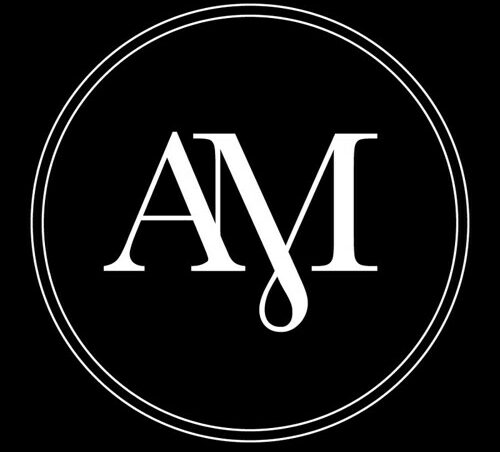If you are a musician, songwriter, producer, or music user, you may have heard of the term “mechanical license” before. But what exactly is a mechanical license and when do you need one?
We will explain the basics of mechanical licenses in music law and how they affect your rights and obligations when using copyrighted music.
A mechanical license is a legal agreement between the copyright holder of a musical composition and the music user. This permission is also referred to as mechanical rights. A mechanical license allows the licensee to reproduce and distribute all or portions of a copyrighted composition in an audio-only format.
The licensee pays a fee that grants them the right to reproduce the song in audio-only creative works, such as CDs, vinyl, interactive audio streams, and digital downloads.
A mechanical license is required when you intend to reproduce and distribute a copyrighted song in audio-only digital or physical formats. For example, if you want to record a cover version of a song and sell it online or on CDs, you need a mechanical license from the original songwriter or publisher.
If you want to sample a portion of a song and use it in your own composition, you also need a mechanical license from the original owner of the composition.
A mechanical license does not grant you the right to synchronize the music with visual content, such as in a video, film, or video game.
For such uses, you will need a sync license, which is a separate type of music license that permits the use of music in conjunction with visual media.
How to Obtain a Mechanical License
There are two ways to obtain a mechanical license: through direct negotiation with the copyright holder or through a compulsory license.
Direct negotiation means that you contact the songwriter or publisher directly and agree on the terms and conditions of the mechanical license. This may include the royalty rate, the duration of the license, the scope of usage, and other details.
Direct negotiation gives you more flexibility and control over the terms of the license, but it may also take more time and effort to find and reach out to the right party.
Compulsory license means that you follow the statutory guidelines set by the U.S. Copyright Office to obtain a mechanical license without the consent of the copyright holder. This option is available only for non-dramatic musical works that have been previously recorded and distributed to the public.
Compulsory license requires that you pay a set royalty fee, which as of 2023, was set at 9.1 cents per composition or 1.75 cents per minute of composition, whichever is more.
Compulsory license also requires that you notify the copyright holder of your intention to use their work and send them regular royalty statements and payments.
You can obtain a compulsory license through agencies like the Harry Fox Agency, who either already represent the composition copyright holders or are able to direct the funds to the right party.
Why You Need a Mechanical License
Obtaining a mechanical license is not only a legal obligation but also a way to respect and support the creators of musical works. By paying for a mechanical license, you are compensating the songwriter or publisher for their work and acknowledging their contribution to your creative project.
Failing to obtain a mechanical license can result in legal consequences, such as lawsuits, injunctions, damages, and penalties. You may also face reputational harm and lose credibility as a professional musician or music user.
To avoid these risks, it is advisable to always obtain a mechanical license before using any copyrighted music in your audio-only works. This way, you can ensure that you are complying with music law and protecting your rights and interests as well.
